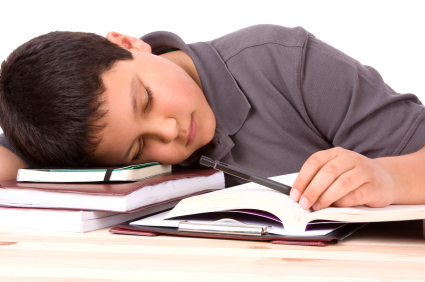Cognitive Deficits in Bipolar Children
At a symposium on new research on juvenile bipolar disorder at the meeting of the American Academy of Child and Adolescent Psychiatry (AACAP) in 2010, Ronna Fried from Massachusetts General Hospital reviewed executive function deficits that occur in children with bipolar disorder. These include difficulties in planning, working memory, response inhibition, emotional control, initiative, self-regulation, and the ability to shift focus when required.
Fried and her research group found that comorbid ADHD occurred in 69% of bipolar I children compared with 16% of controls. (ADHD involves many of the same executive function difficulties that occur in bipolar disorder—poor attention and difficulties with learning and memory.) Executive function deficits were observed in 45% of bipolar I patients compared with 17% of controls. Children with bipolar disorder who had executive function deficits had lower IQs, more difficulty reading, lower social functioning, decreased occupational functioning on long-term followup, and overall poor outcome of their illness.
Editor’s Note: These data emphasize the importance of cognitive remediation techniques in those who have major executive function deficits. Dr. Fried emphasized that rehabilitation works, and indicated its use is important for these children in order to moderate the otherwise more severe course of illness they may experience compared with those without executive function deficits.
Comments
Leave a Reply


